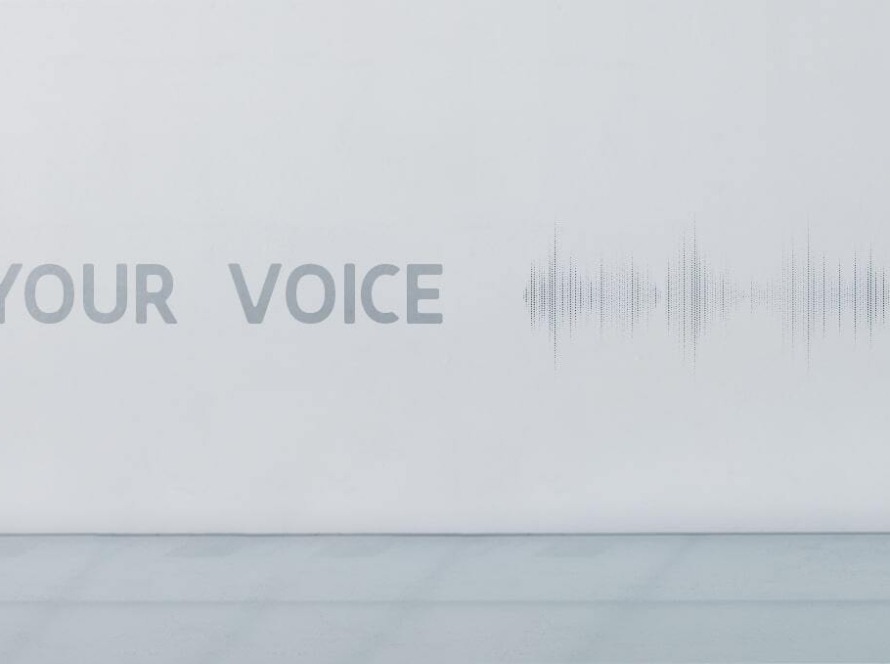Communication challenges in multicultural workplaces typically refer to difficulties and issues prevailing while attempting to communicate with individuals from different ethnicities and cultural communities at one’s respective workplace. Communication challenges largely emerge in multicultural workplaces due to weak communication skills and the inability to express one’s thoughts clearly and fluently in front of a multicultural audience.
In order to effectively communicate with individuals belonging to different cultural communities at a specific workplace, an individual must acquire good communication skills. These skills typically involve developing fluent and expressive non-verbal communication by working on body posture, eye movement, facial expression, sign language, lip movement, body language, and interpretive knowledge.
Benefits of Improving Communication Skills at Multicultural Workplaces:
There are innumerable benefits and advantages associated with improving communication skills in multicultural workplaces. Some of these include:
- Improved interpersonal connections:
By improving communication skills at multicultural workplaces, the concerned individual essentially paves the path towards improving their interpersonal connections. Individuals experience belongingness, attachment, and friendliness towards their colleagues at their workplaces as a matter of clearly expressing their thoughts, intentions, and motivations to them.
These improved interpersonal connections essentially bind individuals belonging to different communities, cultural settings, mindsets, and perspectives as a matter of uniting them under a mutual connection of trust and faith.
- Increased Self-Confidence and Self-Esteem:
Self-confidence is the quintessential instrument that an individual needs to possess in order to thrive in a diverse and competitive workplace. By improving one’s communication skills and language proficiency, the person concerned observes an overall increase in self-confidence. An overall increase in self-confidence boosts one’s self-esteem since one begins to think of themselves in a higher regard than earlier.
- Sharpened Creative Visions:
Creative prowess and good verbal communication skills go hand-in-hand. By efficiently communicating one’s thoughts and perceptions, one also initiates a divergent thinking approach in their personality.
Since individuals have acquired the skills to express their thoughts to a multicultural audience, they can easily use that power to give birth to out-of-the-box and unique ideas at the workplace. One sharpens their creative vision while approaching any situation by thinking on behalf of a diverse audience and empathizing with their ideologies.
How does a person improve their communication skills to thrive in multicultural workplaces?
In order to thrive in multicultural workplaces, an individual must work on improving their communication skills. Various aspects are covered under such skills, and some of these are as follows:
- Monitoring Body Posture:
Body posture is often understood as the different positions one maintains while sitting and standing in the workplace. By improving one’s body posture by clearly observing it now and then and avoiding making unnecessary body reflexes and external reactions to stimuli, one can easily contribute towards clearly communicating their intentions to their colleagues without making them feel disrespected or unwelcome by their body movements. This can be easily attained by maintaining a formal and straight body posture throughout one’s presence at the workplace.
- Learning Sign Language:
Sign language is among the common communication skills that each individual must possess in order to convey their innermost feelings to any given individual without using verbal language. An individual can easily learn sign language which is considered universal for different cultural communities, and use it to convey their desires, feelings, and motivations to their peers and colleagues at workplaces to avoid miscommunication or misunderstanding. Sign language cumulatively includes different aspects such as hand gestures, lip movement, and overall body language.
- Mastering Facial Expressions:
Facial expressions are considered common instruments under communication skills that must be mastered in order to overcome communication challenges in multicultural workplaces.
An individual must research and memorize certain facial expressions that universally convey a given feeling/feelings to a diverse audience. Some common facial expressions in different cultures include anger, shock/surprise, sadness, happiness/laughter, disgust, and irritability.
- Developing Interpretive Knowledge:
A common barrier in verbal communication at multicultural workplaces includes a lack of interpretative knowledge of the possible intended meaning of a given statement made by an individual. An individual must develop interpretive knowledge of verbal statements by becoming sensitive toward the usage of certain vocabulary in a given context.
Some words and phrases are used with a certain inherent meaning attributed to them. By grasping their significance, one makes it easier to communicate their thoughts to an audience less proficient in another language.
- Improving English Proficiency:
English is commonly considered the official language of communication in most multicultural workplaces. An individual can enhance their communication skills in such settings by improving English proficiency by revising their knowledge of basic sentence formation, grammar usage, vocabulary, and pronunciation. By being fluent in English, the concerned person can avoid all kinds of misinterpretation of their message or statements at the workplace.
Factors to Consider While Enhancing Communication Skills
Several factors must be considered while enhancing communication skills to overcome communication barriers in multicultural workplaces. These include:
- Clarity:
An individual must always ensure that they possess clarity regarding the sensitivity of any given situation, the importance of the context, and also about their colleagues’ understanding and interpretative abilities before attempting to showcase any improved communication skills to them. This shall aid in minimizing conflicts and communication gaps significantly.
- Possibility of Error:
Each acquired skill/experience comes with its advantages and limitations. An individual must always consider the possibility of error in interpreting or understanding a given statement before expressing it openly in a multicultural workplace.
Since different cultures consider different statements and phrases differently due to differing historical landscapes and motivations, one must be prepared to re-emphasize or explain a given idea/statement to an individual from a different ethnicity.
Final Overview
So, let us embark on this beautiful journey of overcoming communication challenges in multicultural workplaces by collaborating with the Orator Academy team! Enhance your communication skills and build self-confidence by joining hands with our expert coach at the Orator Academy. Check the company’s official website to learn more.

